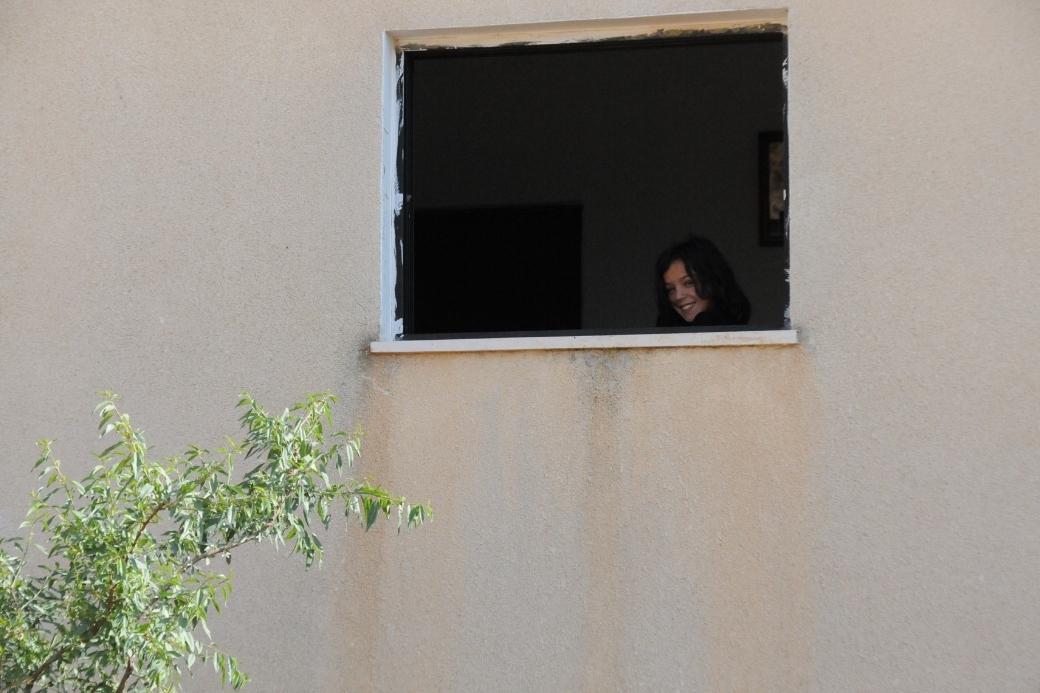The people of the Gaza Strip, more than 2 million people at present, have been living with war for many years: trapped in this densely populated strip of land, at the mercy of shelling, without a safe place to take refuge and without access to welfare services and basic means of livelihood, many Palestinian civilians struggle to meet even their most basic needs. In this chronic and terrible humanitarian crisis, also called “crisis of human dignity”, the consequences of the last armed conflict in May 2021 and the Covid-19, have exacerbated the existing crisis, making more and more people in Gaza vulnerable and in desperate and urgent need of humanitarian assistance.
It is here that Cesvi – together with ACTED and YEC – with the support of the Humanitarian Fund for the Occupied Palestinian Territories (oPt HF) is standing by more than 300 families severely affected by hostilities and unable to meet their most urgent water, sanitation and health needs.
Among these families is that of Rima El Bassiouni, a well-educated 30-year-old woman and mother of three. She and her family live in terrible conditions in a very humble house in Beit Hanoun, the border area in the north of Gaza. Her husband suffers from a severe hearing disease that does not allow him to work.
Rima is therefore the only one who can guarantee food for her family. “The bombs in May made our house even more dilapidated: the asbestos roof, windows, kitchen and toilets were badly damaged. It’s hard to call this still a home,” she tells us.
To support Rima and her family, Cesvi and its partners conducted a socio-economic assessment followed by a technical assessment of her home. The result confirmed Rima’s words: the sanitation system did not meet even basic hygiene and sanitation standards due to the presence of blockages and cracks in the old pipes, causing continuous sewage leaks throughout the house, including in the kitchen. In addition, both the kitchen and the bathroom lacked a network and safe water facilities, and there were no sinks or showers.
Rima, her children and her husband lived in these conditions for a long time, constantly exposed to hygiene and health risks.
With the “Rapid Response for Rehabilitation of Family Level Sanitation” project, Rima’s family was able to renovate and rehabilitate the sanitation and hygiene facilities in their home. “Thanks to Cesvi, many years of suffering are over. I now have a large, but most importantly clean and safe kitchen where I can cook for my family. We also have a bathroom that helps us ensure excellent daily hygiene levels, especially for our children. This support has really changed our lives, giving us back some dignity.”
Like Rima’s family, the others received money to improve the sanitation of their homes, thereby improving their access to basic sanitation. The intervention targeted the most vulnerable families, particularly female-headed households and people with disabilities.
© Photo credits: Simona Denti
